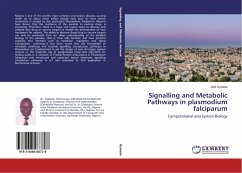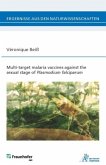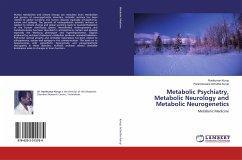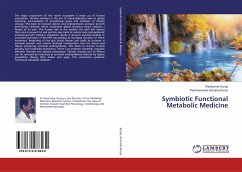Malaria is one of the world s most common and serious diseases causing death up to about three million people each year. Its most severe occurrence is caused by the protozoan Plasmodium falciparum. Reports have shown that the resistance of the parasite to existing drugs is increasing. Therefore, there is a huge and urgent need to discover and validate new drug or vaccine targets to enable the development of new treatments for malaria. The ability to discover these drug or vaccine targets can only be enhanced from our deep understanding of the detailed biology of the parasite, that is, how cells function and how proteins organize into modules such as metabolic, regulatory and signal transduction pathways. It has been noted that the knowledge of metabolic pathways and recently signalling transduction pathways in Plasmodium are fundamental to aid the design of new strategies against malaria. In this book,the use of graph-based linear-time algorithm for finding paths in a network of Protein-Protein Interactions in Plasmodium falciparum was introduced and predicted several important signalling transdution pathways in p.f and extended to find application in biochemical network.
Bitte wählen Sie Ihr Anliegen aus.
Rechnungen
Retourenschein anfordern
Bestellstatus
Storno








